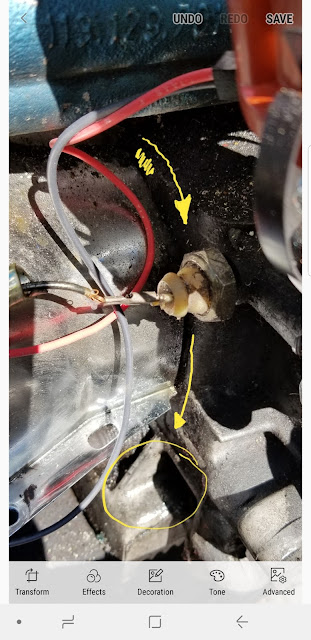So since I have it running, nicely and it is a constant start and run, I am so excited to be able to move onto the other things. 1. Soak the old Carb (maybe I can reuse it soon). 2. everything else. There is so much to do that I don't know where to start. Here are the things going through my head Sanding down the exterior, sand down prep for painting (or at least so it isn't so ugly right now) Working on the interior floors, Take them to metal and coat/protect/paint Sand down the rims, for painting (might need to take them to a powder coater to clean and redo) Replace the Crankshaft pulley & Alternator Pulley, and Belt (Have a new one just need to swap out, but the pulley, as I have read is a bear to remove) Tear down the seats and cover them with new upholstery ( I think I just get seat covers for now and recover them later since I have a lot of work and I am sure being dirty and in and out will not mix with new interior. So here is what I have decided, 1. Sand a ...






